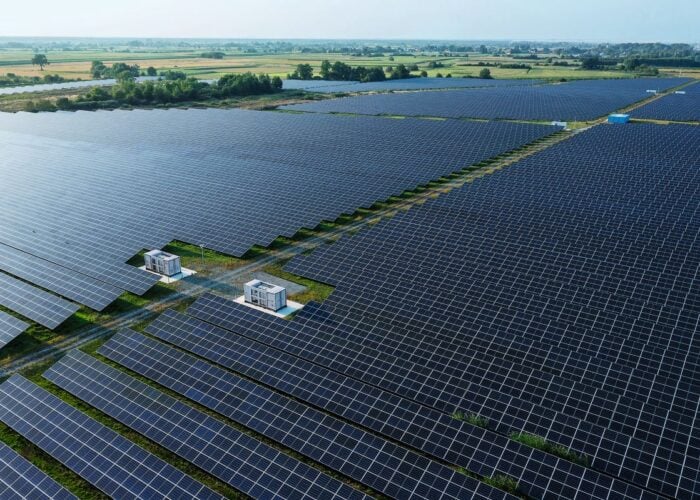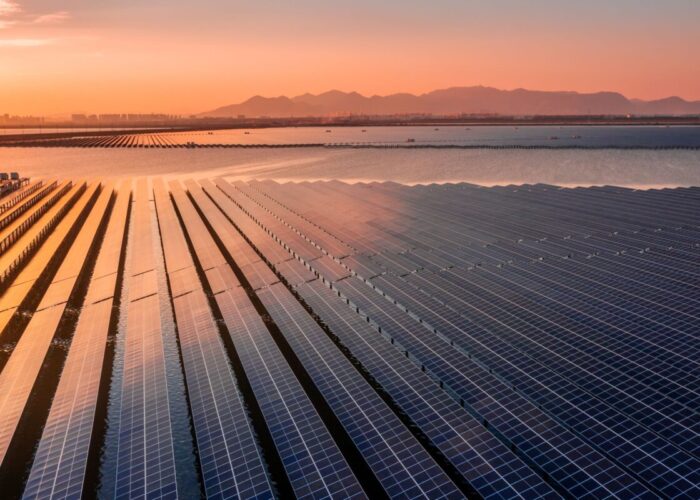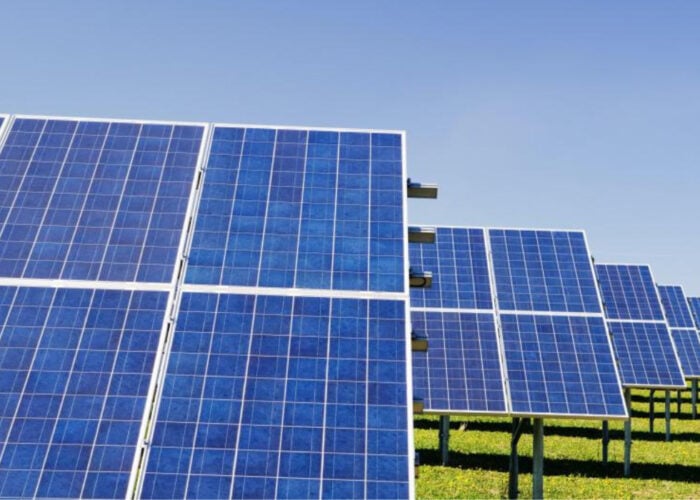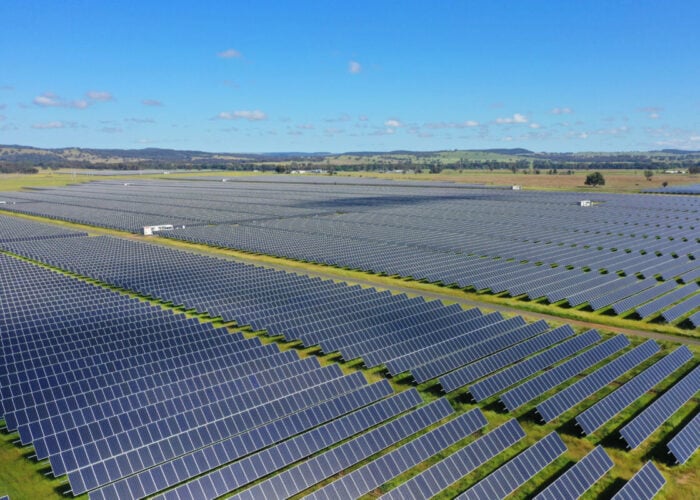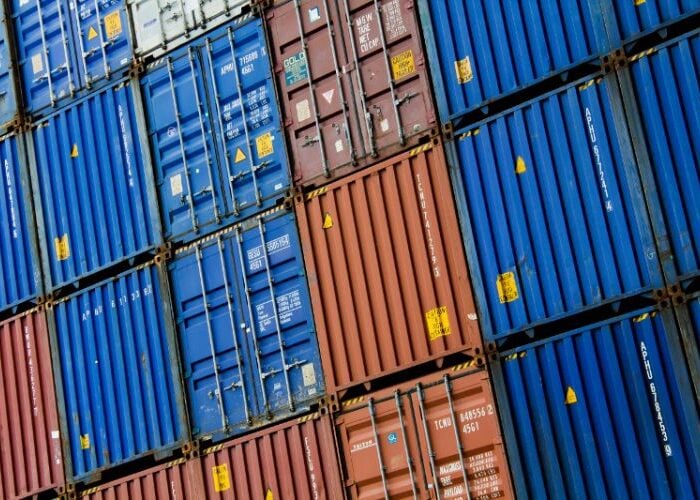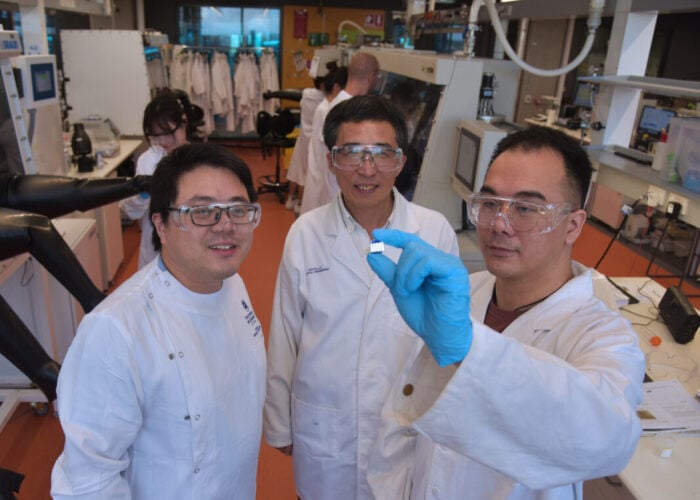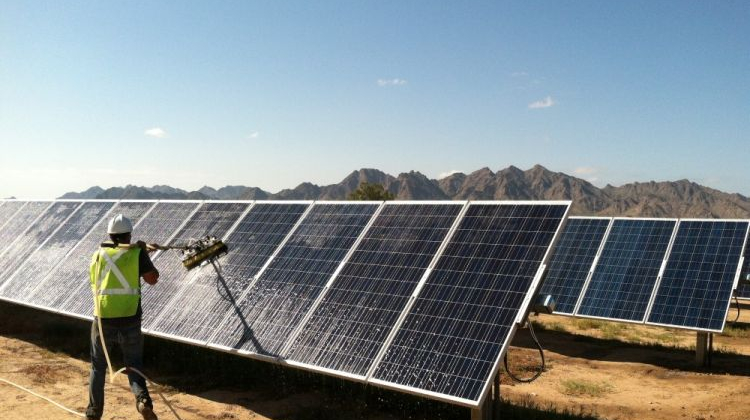
The European Investment Bank (EIB) has made two new financial commitments to support solar PV project developments across Southern Europe. Greek energy company DEPA Commercial and solar developer Recurrent Energy both secured loans from the bank this week.
€390 million, 800MW Greek solar support
The EIB has lent Greek energy company DEPA Commercial €390 million (US$423 million) to support the development of 800MW of solar PV projects across Greece.
Unlock unlimited access for 12 whole months of distinctive global analysis
Photovoltaics International is now included.
- Regular insight and analysis of the industry’s biggest developments
- In-depth interviews with the industry’s leading figures
- Unlimited digital access to the PV Tech Power journal catalogue
- Unlimited digital access to the Photovoltaics International journal catalogue
- Access to more than 1,000 technical papers
- Discounts on Solar Media’s portfolio of events, in-person and virtual
Or continue reading this article for free
The funding will cover 75% of the cost of the solar sites, the EIB said, which is expected to run to €521 million (US$565 million). The projects will be developed across western Macedonia, Thessaly and central Greece. They will be built in communities where per-capita income is below EU average, which the EIB calls “cohesion” regions.
The EIB also said that the funding is part of its ongoing support for the EU’s REPowerEU scheme, which was introduced in the wake of the 2022 invasion of Ukraine by Russian forces to accelerate the rollout of renewable energy sources across the bloc and reduce its reliance on imported fossil fuels.
The EIB said that it has provided over €4.3 billion for energy investments in Greece over the last decade.
Greek minister of environment and energy, Theodoros Skylakakis, said:” The benefits of such investments, which contribute to the further penetration of renewable energy sources into Greece’s energy mix, are manifold. These include the reduction of electricity costs for consumers and, of course, the enhancement of energy security and, consequently, the strengthening of our country’s energy independence.”
In a guest blog for this site earlier this month, Stelios Psomas, policy advisor at HELAPCO said that Greece would need to embrace energy storage capacity to unlock its solar PV potential. He said that 2023 was the first year that the country saw curtailments on its PV generation – because there is more of it – and investors should embrace energy storage projects over the long term.
In April, the European Commission approved a €1 billion state aid measure to support the development of solar-plus-storage projects in Greece. The projects are expected to be operational next year.
Recurrent Energy bags €50 million
Recurrent Energy, the project development subsidiary of solar manufacturer Canadian Solar, secured a €50 million loan from the EIB to support a solar PV portfolio in Italy.
The company did not disclose the capacity or the specific project breakdown of the portfolio, only saying: “The facility will support the development and construction of a solar energy portfolio in Italy. The loan is a five-year term facility.
Ismael Guerrero, CEO of Recurrent Energy, said: “This transaction is a pivotal step toward our goal of becoming one of the largest independent power producers globally. It aligns with our commitment to fostering a more sustainable economy in Europe and beyond. We look forward to building a long-term relationship with the EIB to support our mutual objectives.”
Last month, Recurrent announced the initial closure of an investment from Blackrock, one of the world’s largest asset managers. Once completed, the transaction will see Blackrock take a US$500 million, 20% minority stake in Recurrent Energy.
The company said that it recently inaugurated a 51MWp solar PV project in Sicily, southern Italy. The south of Italy is home to the majority of the country’s utility-scale solar capacity, whilst electricity demand is highest in the North. Earlier this year, PV Tech Premium published a feature examining Italy’s apparent re-emergence as a major solar PV market in Europe, and the challenges that the country’s congested grid and demand distribution pose.

